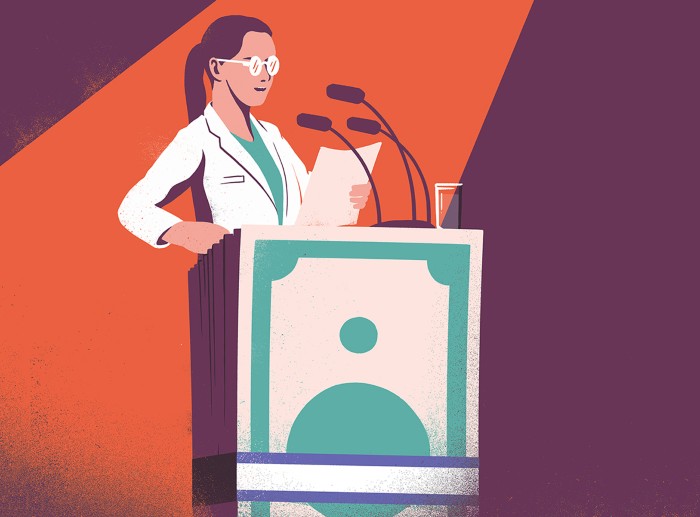
Anee Kingston
McClean's
Originally published June 19, 2019
Here is an excerpt:
The U.S. government has literally institutionalized cruelty, caging migrant children and arresting “Good Samaritans” helping ailing migrants at the Mexican border. Austerity programs, including those in Ontario, are targeting the vulnerable—the poor, children, those on the margins. The divisive, toxic political climate gave rise to the British group Compassion in Politics, founded last fall by activists and academics. “People look at British politics and see a lack of compassion in policy on refugees, immigration, housing, Brexit,” group co-founder Ma
tt Hawkins tells Maclean’s. Forty years of neo-liberal, free-market policies created widening inequities, falling incomes and a sense of desperation, he says. “There’s frustration with a political system that puts party above universal progress, majorities in Parliament over collaboration.” Support has been overwhelmingly positive, Hawkins says, including from the moral philosopher Peter Singer and Noam Chomsky; there’s interest in Australia and they’re liaising with Ardern’s office. In May, a cross-party group of British MPs called for legislation to contain a “compassion threshold.”
The loudest cries for compassion, tellingly, are heard within systems literally created to care for people.
Compassionomics: The Revolutionary Scientific Evidence that Caring Makes a Difference, by American physician-scientists Stephen Trzeciak and Anthony Mazzarelli, published in April, is the latest book to sound the alarm about systemic inhumanity within “patient-based” medicine. The authors identify a “compassion crisis” in U.S. health care; treating patients more kindly, they argue, improves health outcomes, reduces doctor burnout and lowers costs.
Canada is in similar straits, Toronto physician Brian Goldman, author of the 2018 bestseller
The Power of Kindness: Why Empathy is Essential in Everyday Life, tells Maclean’s. “We’ve designed a system that edits out empathy, that makes it almost impossible.” Something has to crack, Goldman says: “We’ve reached the limit of the myth of the superman-superwoman [doctor] who can juggle 10 things at once.”
The info is here.
 Jef Akst
Jef Akst




















